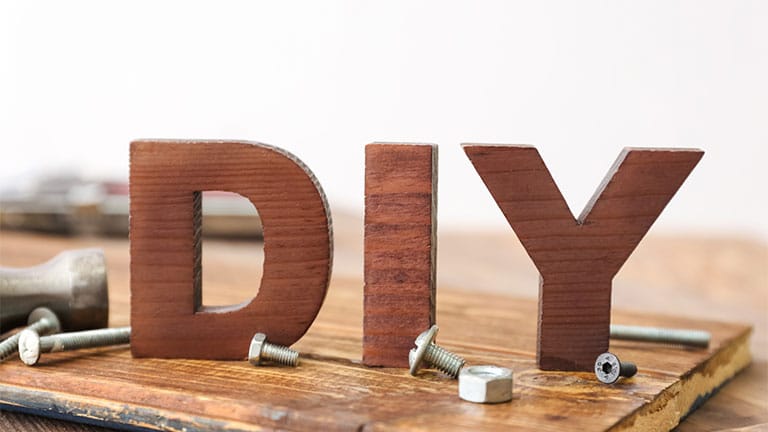A good security system is a must if you move to a new house or a new neighbor comes to live next door. But, with the regular introduction of newer technologies and advancements, traditional self-monitoring systems are left far behind. DIY projects, including home security, are in despair in the digital age. People opt for DIY home security systems as they appear simple and money-saving. Unfortunately, this does not appear to be the case in real life. Read on to find out five reasons why.
False Alarm
Since the introduction of DIY security systems in the market, people have experienced a significant increase in unwanted alarms. Mostly, the homeowners are not qualified security professionals and may not fully comprehend the complexities of installing a home security system.
The most common issue we’ve encountered is false alarms caused by improper installation and low-quality equipment. Selecting the proper spots for sensors or video cameras can be tricky, and using the devices without being fully informed of the features can result in false alarms.
No Backup
With a DIY system, even during an emergency, If your system loses cellular service or you miss an alarm, you might miss an event if you don’t have that extra backup. Professionally monitored systems monitor your home 24 hours a day, seven days a week, so you’ll know if something goes wrong.
WiFi Signal Strength is Inadequate
Most DIY home security systems are linked to the internet via your home WiFi. Non-commercial internet can go down without warning, rendering the security system weak and causing it to fail to connect again automatically. If your equipment cannot connect to the internet, your system cannot interact with the surveillance center. This leaves your home and family vulnerable.
Power Outage
What happens if your home power trips due to a storm or power outage? Most homes lack a battery backup system for WiFi or other plugged-in appliances. You will lose internet access and security protection if it is not battery-backed and the power goes away.
Even if your DIY alarm system has a battery and can continue to function in the event of a power outage, you may lose contact with the monitoring center. In this case, your system may require a manual reboot. If the power goes out while you’re away, your alarm system may be deactivated until you return.
Easily Hackable
DIY security systems use standard WiFi transmitters. Many do not require multiple verifications to log in. This exposes the system to hackers, who can neutralize it and render your DIY security alarm useless. Furthermore, DIY systems generally only have one communication channel, which makes them risky. A burglar would only need to search the internet to determine which frequency your system operates on and jam the frequency.
Unless you run daily tests on your system, it is highly unlikely that you will notice a problem. Thus, professional systems are more cost-effective and dependable than you believe. They can normally be erected in less than a day, and you can feel confident that you have the support of a professional secret service. These professionals are also aware of shrubs blocking windows or doors that can’t be seen and can plan the system layout accordingly.
To conclude, it is preferable to enlist the assistance of professionals in designing a system appropriate for your home, family, and budget.


